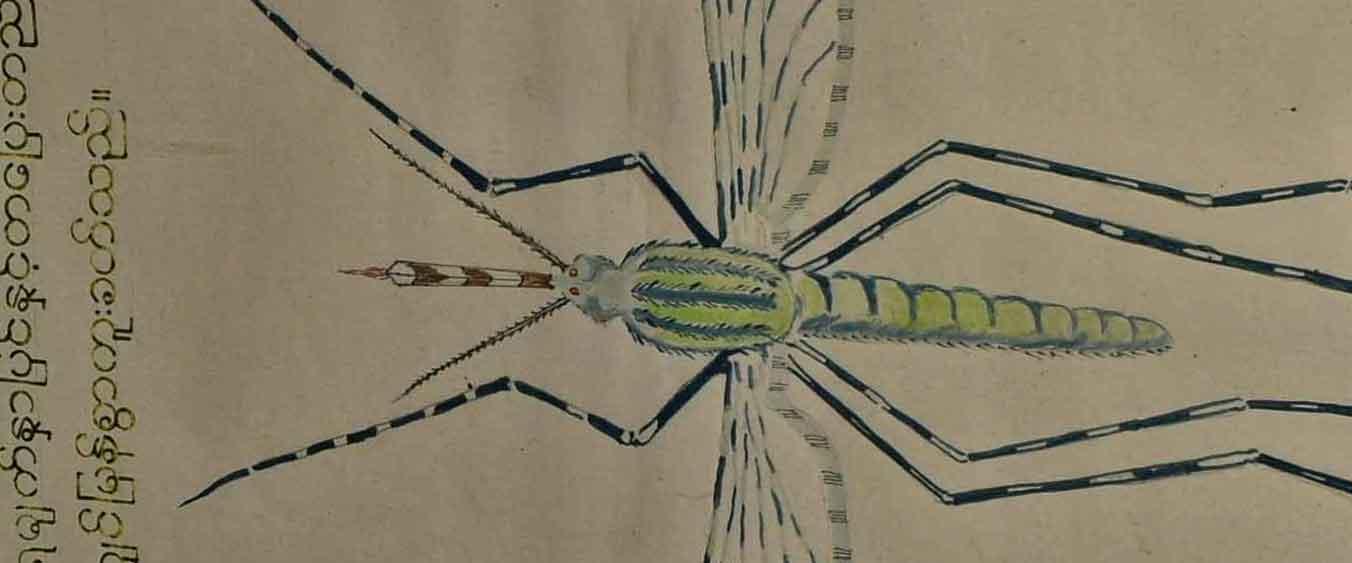Artemisinin-based Combination Therapies (ACTs) have been integral to the recent success of global malaria control, and there has been a massive reduction in malaria cases and deaths in the Greater Mekong Subregion (GMS). We need to build on this success.
The challenge we now have is resistance to artemisinin that has been spreading across the GMS countries, and protecting its efficacy for the treatment of malaria is a global health priority. Malaria elimination from the GMS is the only way to stop the spread of resistance to artemisinin, the frontline drug available to treat malaria, to prevent a deadly resurgence of malaria over the entire world. It is critical to invest in robust health systems that deliver quality services for eliminating malaria in the GMS. The World Malaria Report 2018 calls for increased investments and renewed efforts to accelerate progress in the fight against malaria in high burden countries.
Source: WHO report, World Malaria Report 2018



